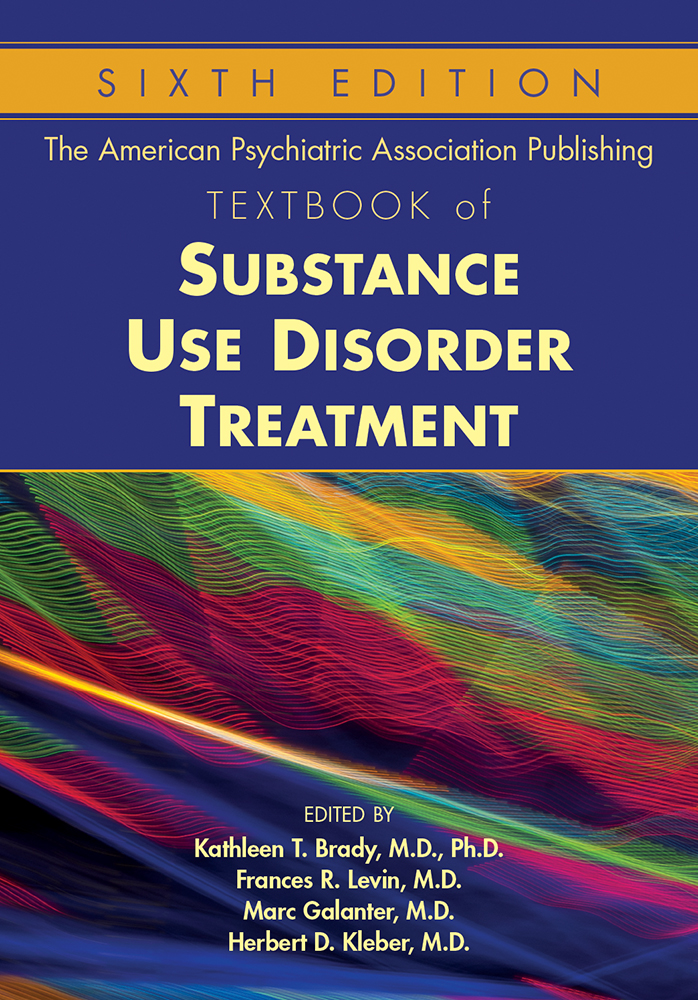Sections
Excerpt
Excessive alcohol use led to roughly 88,000 deaths and 2.5 million years of potential life lost each year in the United States from 2006 to 2010 (Centers for Disease Control and Prevention 2020; Stahre et al. 2014). Unfortunately, alcohol use disorder (AUD) is underdiagnosed and difficult to treat. Clinical management of AUD begins with identification and management of withdrawal states. In this chapter we focus on various relapse-prevention strategies, including both pharmacological and social interventions.
Access content
To read the fulltext, please use one of the options below to sign in or purchase access.- Personal login
- Institutional Login
- Sign in via OpenAthens
- Register for access
-
Please login/register if you wish to pair your device and check access availability.
Not a subscriber?
PsychiatryOnline subscription options offer access to the DSM-5 library, books, journals, CME, and patient resources. This all-in-one virtual library provides psychiatrists and mental health professionals with key resources for diagnosis, treatment, research, and professional development.
Need more help? PsychiatryOnline Customer Service may be reached by emailing [email protected] or by calling 800-368-5777 (in the U.S.) or 703-907-7322 (outside the U.S.).



